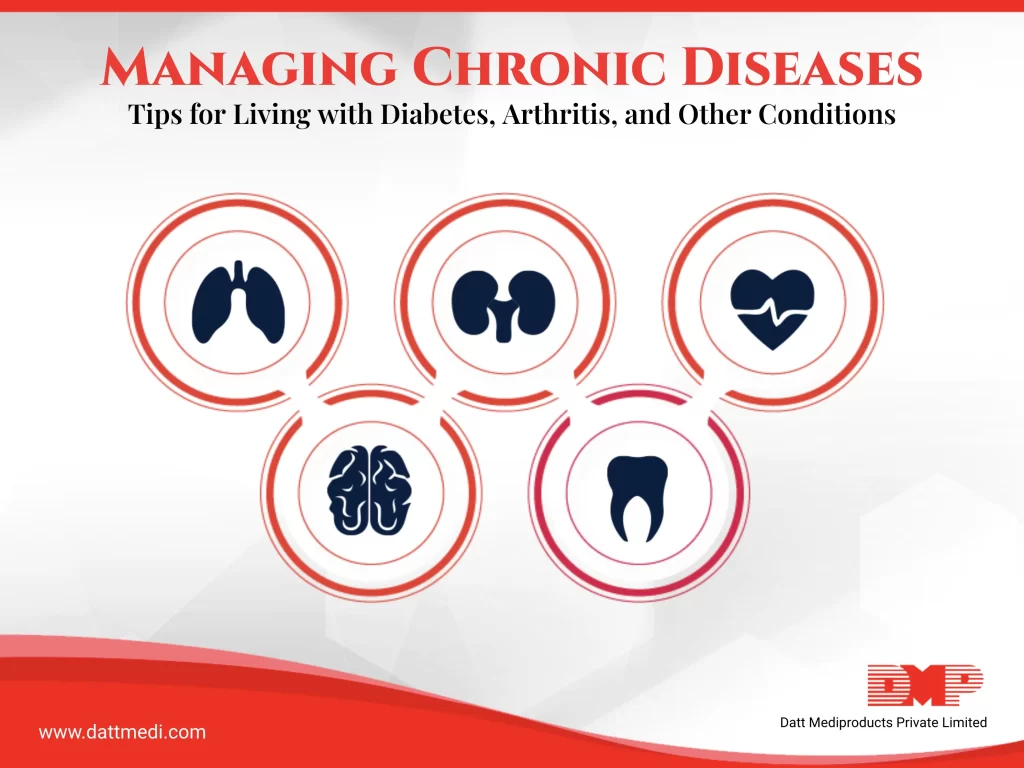
As we age, our bodies undergo several changes that can affect our overall health. These changes include a decrease in muscle mass and bone density, a slower metabolism, and a decline in cognitive function. Additionally, our immune system may weaken, making us more susceptible to infections and illnesses.
However, it’s important to remember that aging doesn’t necessarily mean poor health. By taking care of our bodies and adopting healthy habits, we can age gracefully and maintain our health and independence.
Issues Faced with Aging:
There are several issues that can arise as we age. Some of the most common include:
1. Chronic conditions:
As we age, we are more likely to develop chronic health conditions such as diabetes, arthritis, and heart disease.
2. Mobility issues:
Muscles and joints can become stiff and less flexible with age, which can make it harder to move around.
3. Cognitive decline:
Memory loss and other cognitive changes can occur with age.
4. Social isolation:
Older adults may experience social isolation and loneliness, which can lead to depression and other health problems.
5. Caregiver burden:
Family members or other caregivers may experience stress and burnout when caring for an older adult.
Ways to Overcome in a Healthy Way:
A. Stay active:
Regular exercise can help maintain muscle strength, flexibility, and balance. Try to engage in physical activity for at least 30 minutes a day, five days a week. This could be as simple as taking a walk or doing some light stretching.
B. Eat a healthy diet:
A balanced diet with plenty of fruits, vegetables, whole grains, and lean protein can help maintain overall health. It’s also important to stay hydrated by drinking plenty of water.
C. Keep your mind active:
Engage in activities that challenge your brain, such as reading, doing puzzles, or learning a new skill. This can help maintain cognitive function and prevent memory loss.
D. Stay socially engaged:
Join clubs or groups that interest you, volunteer in your community, or spend time with family and friends. Staying socially engaged can help prevent loneliness and depression.
E. Be proactive about healthcare:
Regular check-ups with your healthcare provider can help detect and treat health problems early on. It’s also important to follow recommended screening guidelines for conditions such as cancer and heart disease.
While it’s important to take care of ourselves as we age, it’s also important to take precautions to prevent falls and other accidents.
Some ways to do this include:
- Keep your home well-lit and free of clutter.
- Install grab bars in the bathroom and other areas where you may need extra support.
- Use assistive devices such as a cane or walker if needed.
- Wear proper footwear with good support and non-slip soles.
- Be aware of potential hazards such as uneven sidewalks or slippery floors.
Healthy aging is achievable with the right mindset and healthy habits. By staying active, eating a healthy diet, keeping our minds active, staying socially engaged, and being proactive about healthcare, we can maintain our health and independence as we age.
We advice to take precautions to prevent falls and other accidents, and don’t be afraid to ask for help when needed. With these tips and strategies, we can age gracefully and enjoy a healthy and fulfilling life.




